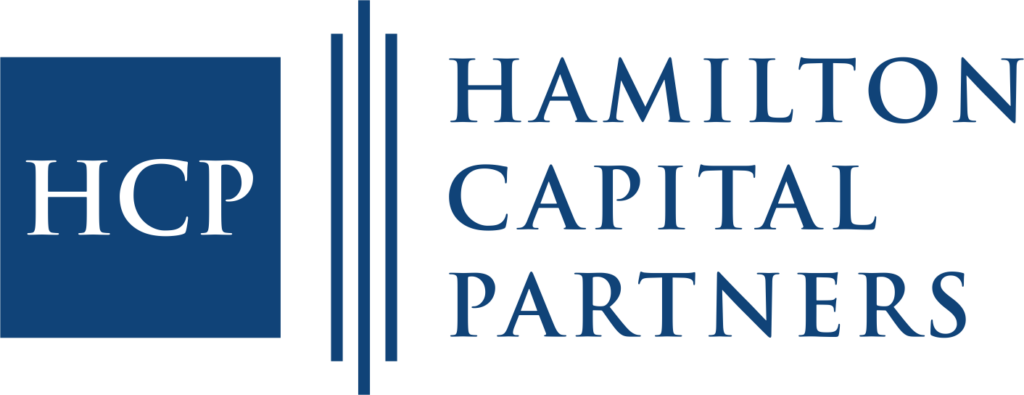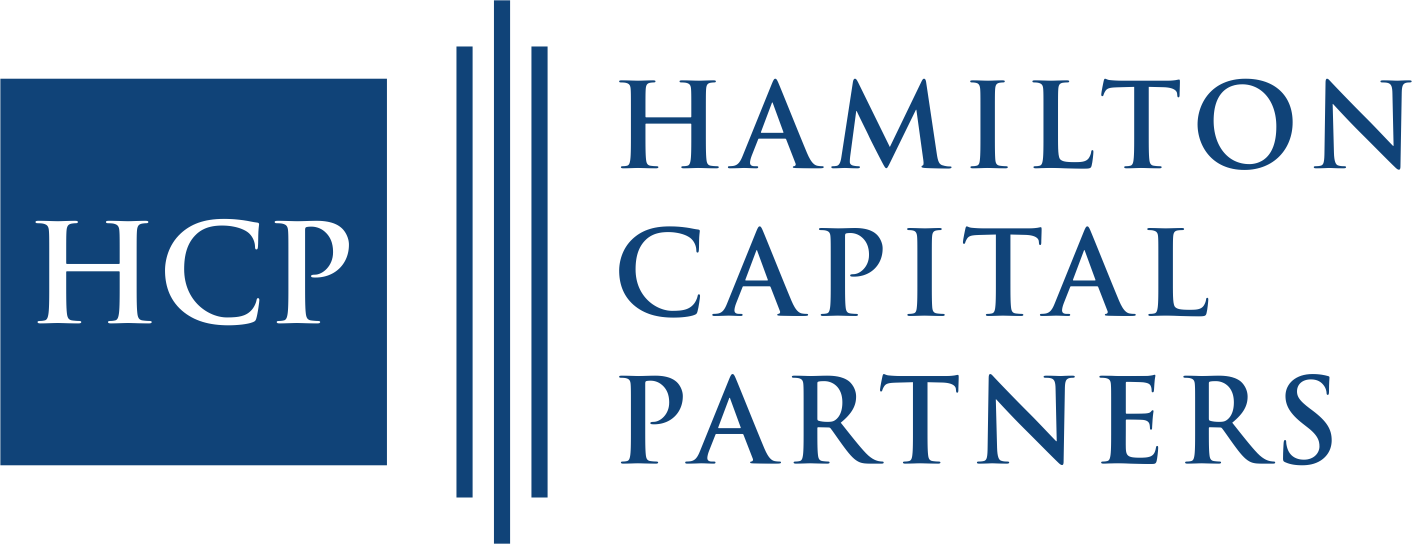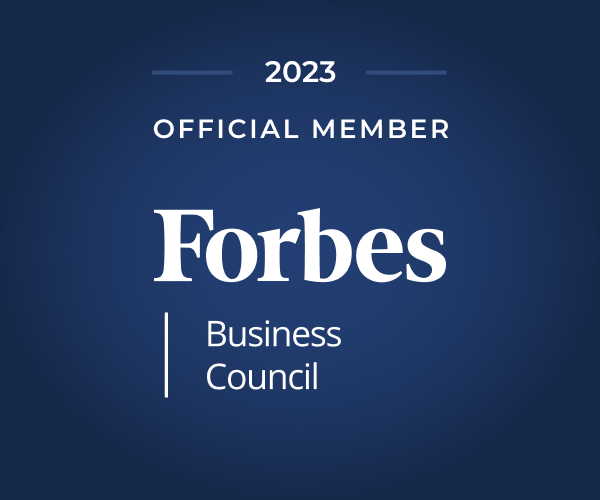By Alonso Munoz
Exciting news: The 401(k) and retirement industry is in line for another round of legislative updates! The most immediate proposal in Washington is the SECURE Act 2.0. This is a follow up to SECURE Act signed into law in 2019.
Although this legislation is complex and lengthy, we have picked out several changes that are worth a glance for both participants and plan sponsors.
Auto-Enrollment – Congress will likely mandate auto-enrollment for eligible participants into their companies 401(k) Plan. The contribution amount (amount the employee puts in from their paycheck) would start at a minimum rate of 3%, which will auto increase by 1% annually until reaching 10%. This will impact all start up plans after the date of enactment. If you established your plan before the laws are passed, you will be grandfathered in and exempt from the mandate. If you do not want to participate, you can opt-out of your 401(k) program.
Rothification of Catch-up Contributions – Beginning in 2023, all catch-up contributions for those 50 and older will have to be made in after tax dollars, or ROTH. Check with your advisor and CPA on this as the change could have tax implications for those maxing out their catch-up contributions “pre-tax”.
Student loan repayments – This new bill would allow plan sponsors (typically the employer) to make contributions into a participant 401(k) that are equal to the amount of loan repayments.
RMD – Effective Jan 2022, the age to begin taking RMD’s has increased to 73 for those born between 1950 and 1956.
Quick tips for participants:
- Check your Fees: Many Plans offer a lineup of investment options, putting the employee in control of picking their investments. It’s important to check the fees on the options you are electing in order to save money on fees. If you 401(k) doesn’t have an advisor for you to talk to, ask for the 404a-5 (fee disclosure).
- Review your beneficiaries: Put this on your yearly financial “to-do list”. A quick glance at your beneficiary form or designation can make sure you have set the correct instructions in the event something happens to you.
- Find out what your company match is: Many companies are using matching contributions as a retention and incentive tool. In many cases, you must save a certain percentage to receive the full “match”, or free money.
We work with companies all throughout the U.S. in different industries, and we often find that employees have similar questions and thoughts about their 401(k) Plans. Spending a little bit of time learning more about your 401(k) plan can make the whole process less confusing and stressful!
To contact the author of this story:
Alonso Munoz at alonso@hamiltoncapllc.com





